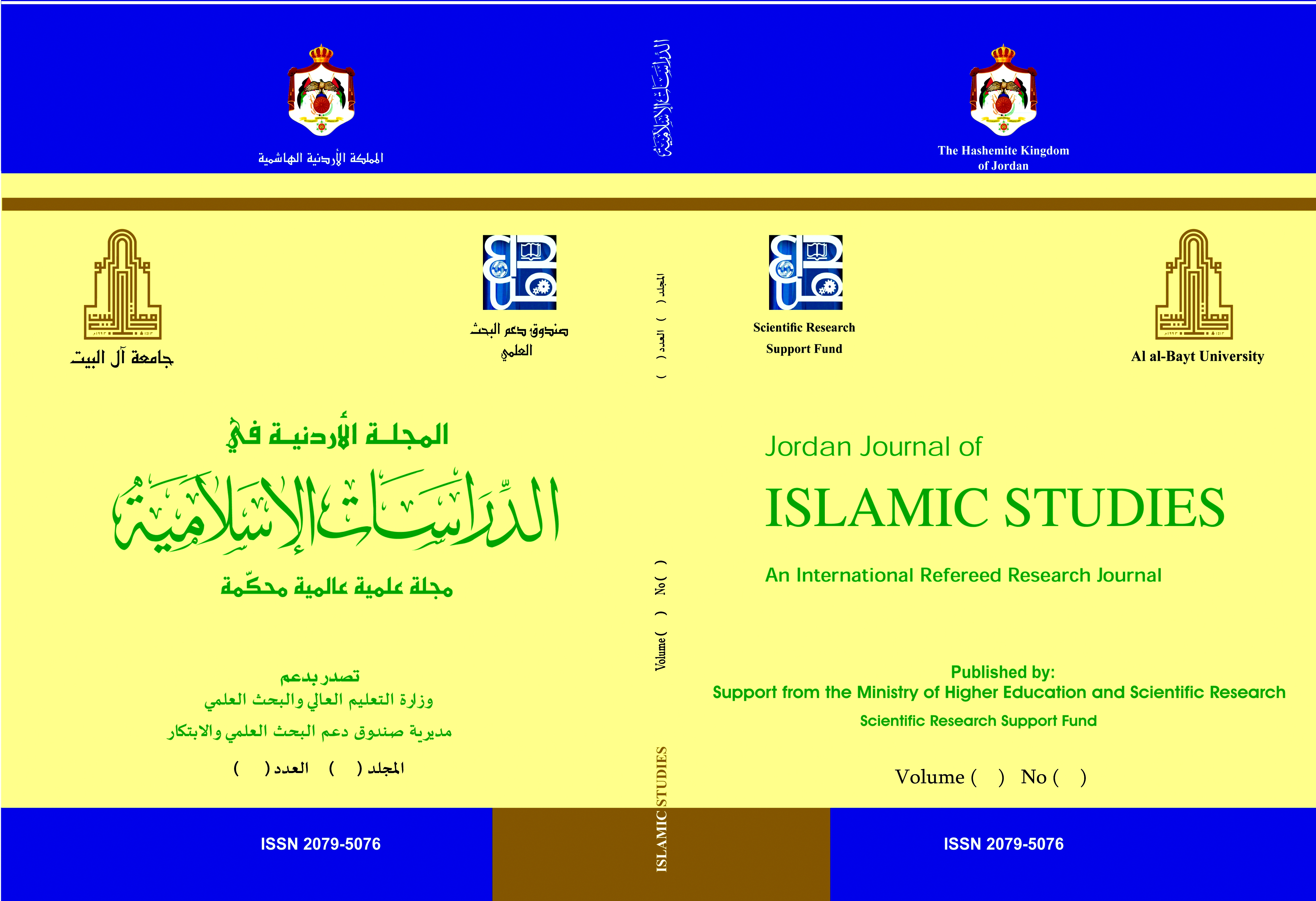Jordan Journal of Islamic Studies

Article Title
Abstract
The aim of this study is to extract the competencies of the teacher from Islamic educational heritage sources and link them to Islamic principles (the Quran and Sunnah). It seeks to highlight the distinctiveness of these competencies in the Islamic perspective compared to other educational systems. The study also explores the benefits of incorporating these competencies today and how to utilize them to enhance our Arab-Islamic educational system. The research was conducted by conducting an exhaustive review of seven of the most important ancient Islamic educational books. It revealed that Muslim scholars showed great concern for teacher competencies and extensively discussed them under the topic of "Teaching Etiquette." The study concluded that teacher competencies in Islamic educational heritage possess unique characteristics. They are closely associated with monotheism, faith, and the hereafter, and their implementation serves the interests of life and livelihood within this framework. Furthermore, these competencies hold valuable insights for contemporary Muslim educators.
يتن هدفت الدّراسة إلى استخراج كفايات المعلم من مصادر التّراث التّربوي الإسلامي، وربطها بالأصول الإسلاميّة (القرآن والسّنّة)، وبيان ما تتميز به تلك الكفايات في المنظور الإسلامي عن غيرها في النظم المعرفية الأخرى، وبيان الفوائد المرجوّة من استحضارها اليوم، وكيفية الإفادة منها في تجويد نظامنا التّربوي العربي الإسلامي. تمّت الدّراسة من خلال إجراء استقراء على سبعة من أهم الكتب التّربوية الإسلاميّة القديمة. وأظهرت اعتناء العلماء المسلمين بكفايات المعلم وبحثهم لها بتوسع تحت عنوان "آداب المعلم". وخلصت الدّراسة إلى أنّ لكفايات المعلم في التراث التربوي الإسلامي سمات تميزها عن غيرها، فهي تتسم بارتباطها الوثيق بالتوحيد والإيمان والآخرة، وتحقيقها لمصالح الحياة والمعاش في إطار ذلك، وأنّ في تلك الكفايات ما يفيد كثيراً علماء التربية المسلمين المعاصرين.
Recommended Citation
Al-Bakri, Samer and Alawami, Ahmed
(2023)
"The Competencies of the Teacher in the Islamic Educational Legacy كفايات المعلّم في التّراث التّربوي الإسلامي**,"
Jordan Journal of Islamic Studies: Vol. 19:
Iss.
3, Article 4.
Available at:
https://digitalcommons.aaru.edu.jo/jois/vol19/iss3/4

